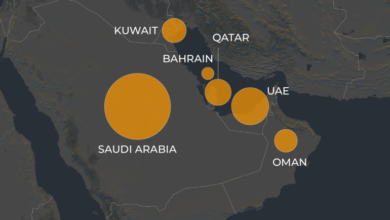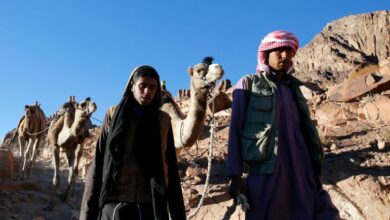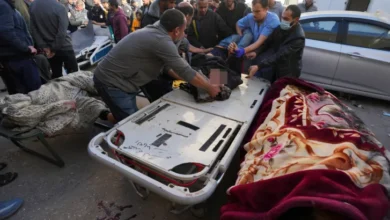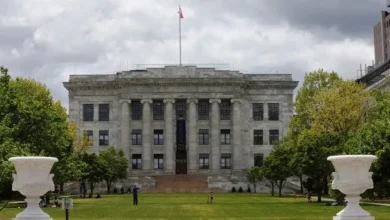Over 1,000 dead as powerful earthquake hits Morocco near Marrakesh
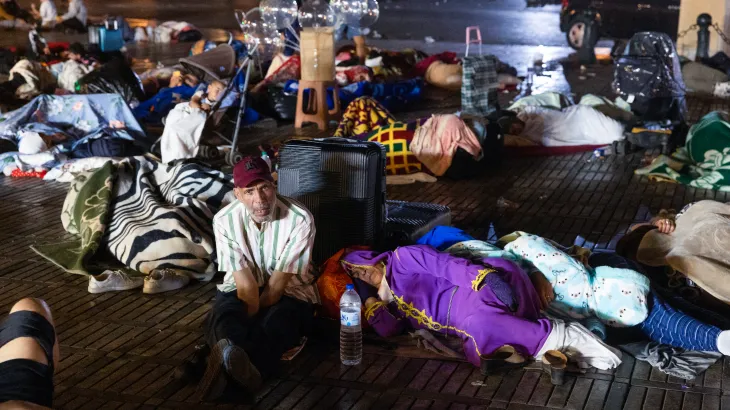
A magnitude 6.8 earthquake has hit Morocco killing at least 1,037 people, injuring more than 1,200, damaging ancient buildings, and sending terrified residents fleeing their homes into the streets for safety.
Morocco’s state television reported the death toll on Saturday, citing the Ministry of Interior. Of those injured, 205 were in a critical condition.Montasir Itri, a resident of the mountain village of Asni near the epicentre, said most houses there were damaged. “Our neighbours are under the rubble and people are working hard to rescue them using available means in the village,” he said.
Residents of Marrakesh, the nearest big city to the epicentre, said some buildings collapsed in the old city, a UNESCO World Heritage site. Local television showed images of a fallen mosque minaret with rubble lying on smashed cars.
The Interior Ministry urged calm saying in a televised statement the quake hit the provinces of Al Haouz, Ouarzazate, Marrakesh, Azilal, Chichaoua and Taroudant.
The temblor hit shortly after 11pm local time (22:00 GMT) on Friday evening, according to the United States Geological Survey (USGS).The USGS estimated the epicentre occurred in the Atlas Mountains, some 75km (44 miles) from Marrakesh, the fourth largest city in the country.
Search teams frantically scoured collapsed buildings for those trapped.
“The Royal Armed Forces, local authorities, security services and civil protection … continue to mobilise and harness all means and capabilities in order to intervene, provide the necessary assistance, and assess the damage,” the interior ministry said.
Journalist Noureddine Bazine from Marrakesh described the situation as an “horrific night”.“It was chaos the moment the earthquake happened, we’re still try to process what happened because it was so sudden,” he told Al Jazeera. “In Marrakesh, the most damage was in the old city because the buildings are prone to collapse because of their fragile state.”
Eid al-Tarazi, a professor of seismology in Jordan, told Al Jazeera “hundreds of aftershocks could happen”.
“People will need to stay away from the buildings that are not strong because they are prone to collapse. We expect the aftershocks could continue for three to four weeks,” he said.




